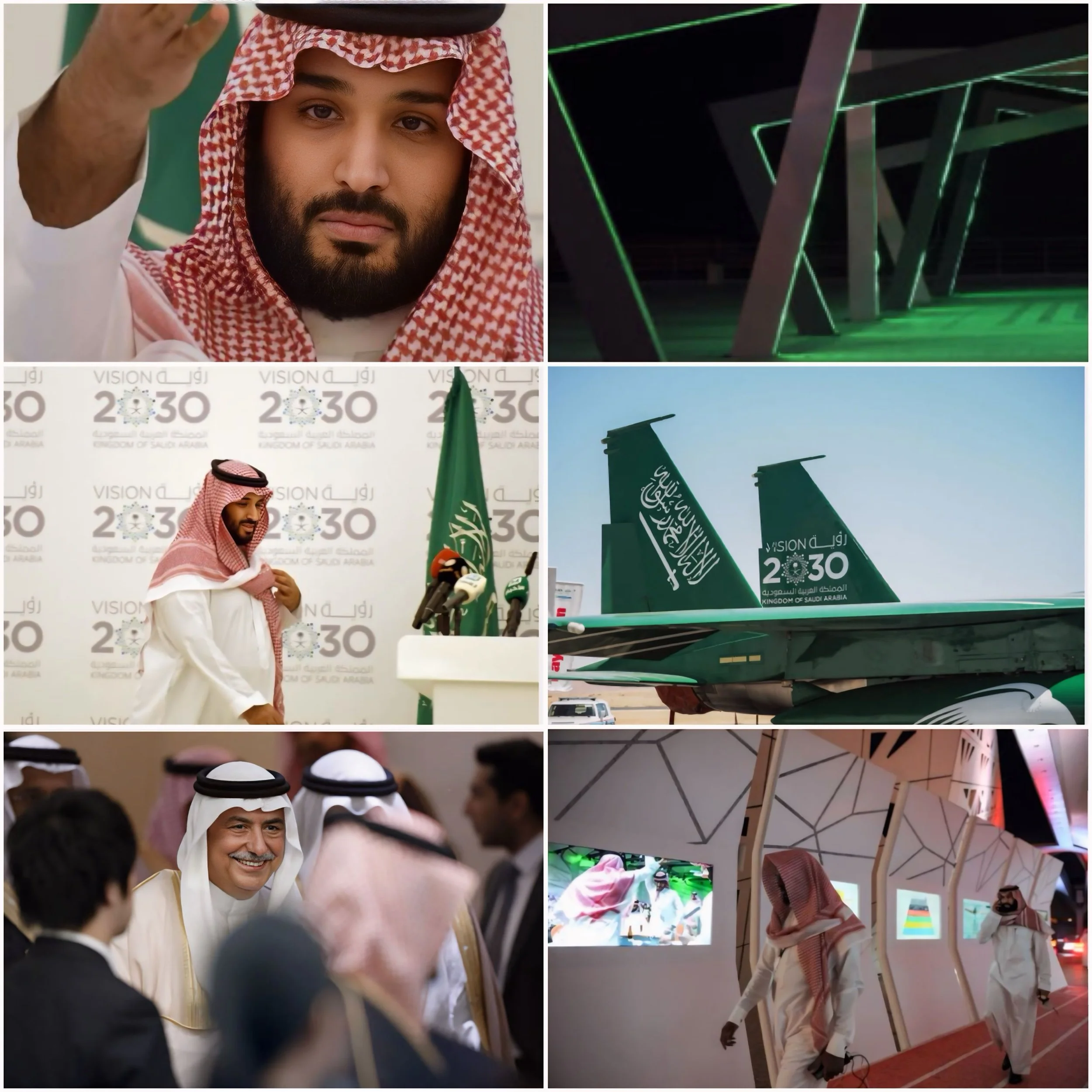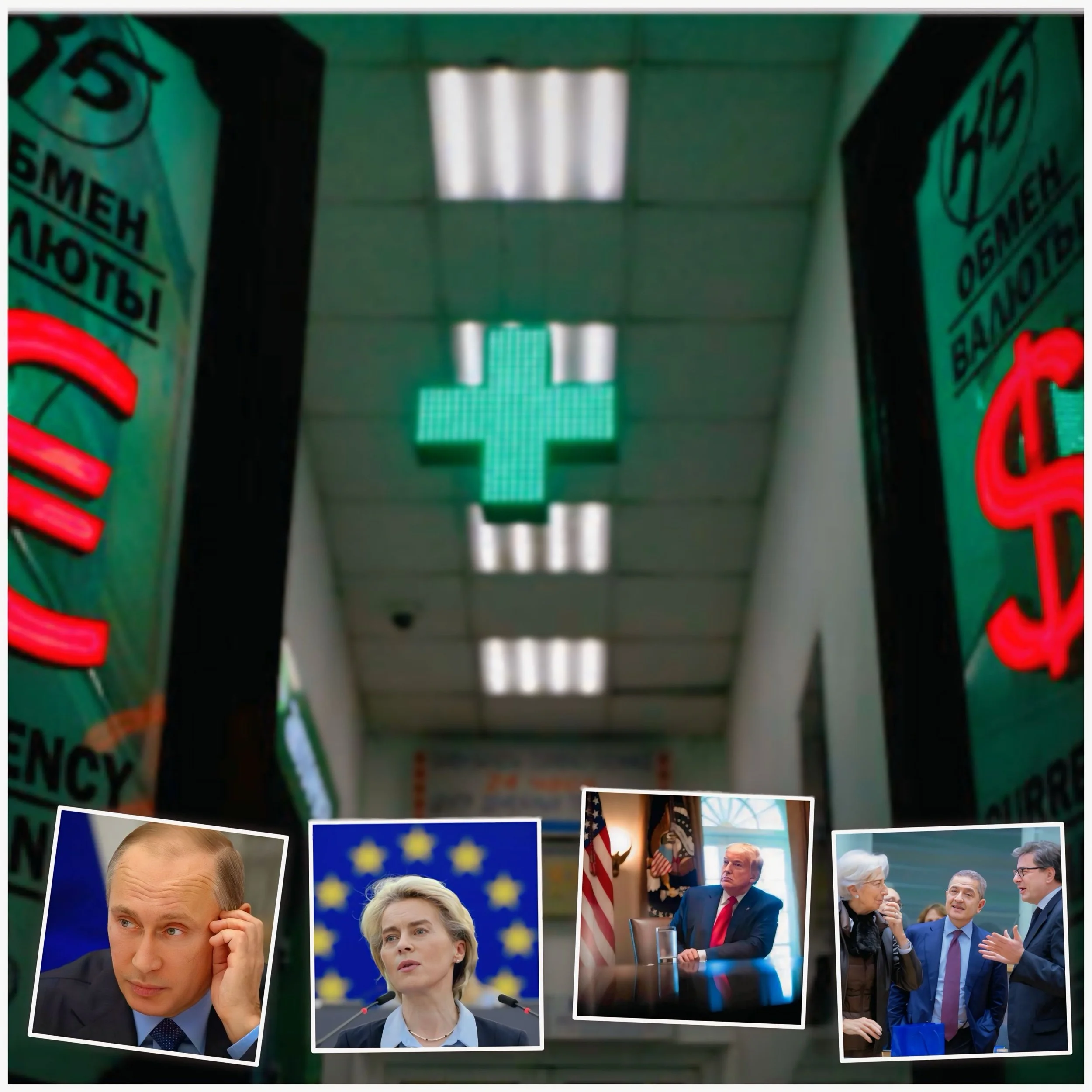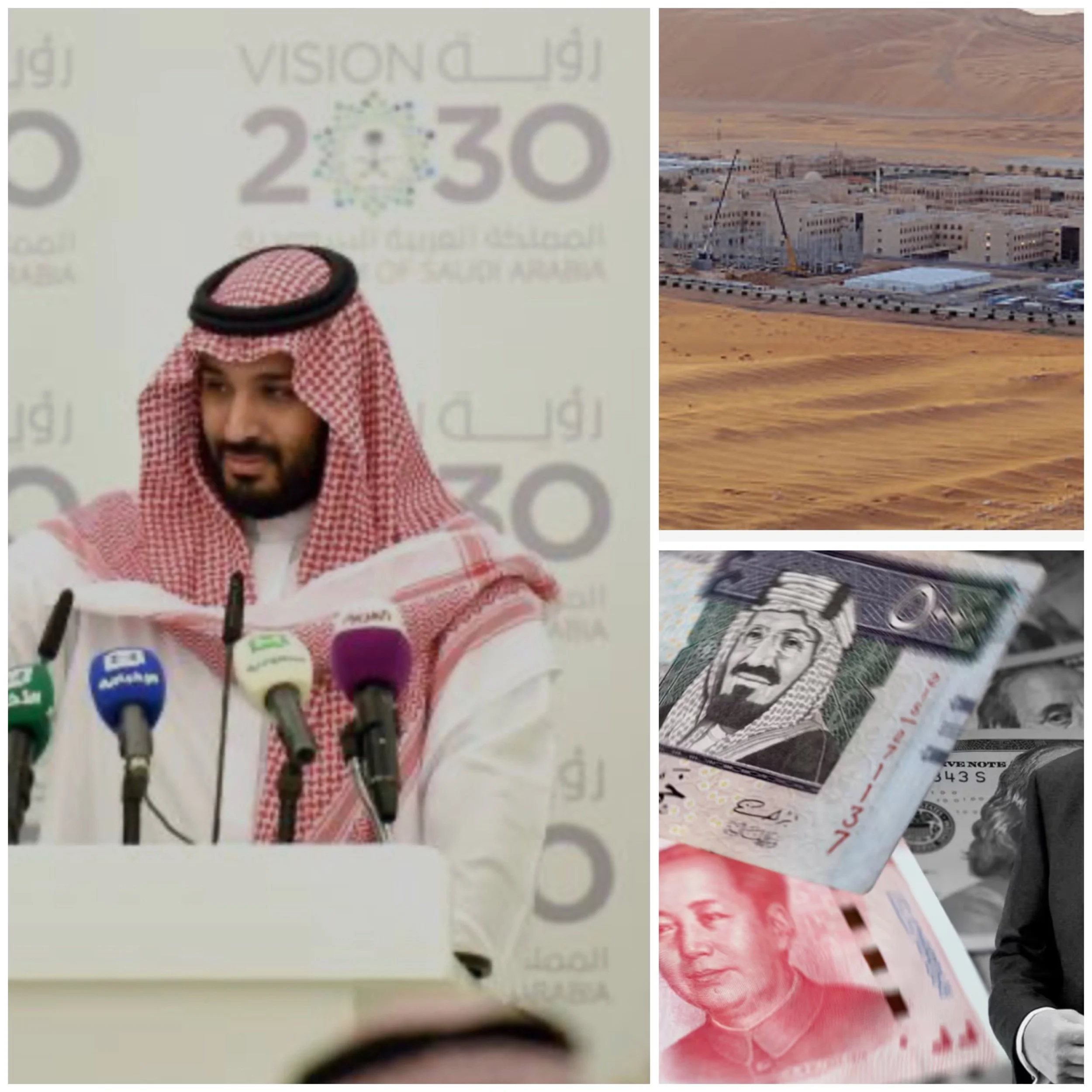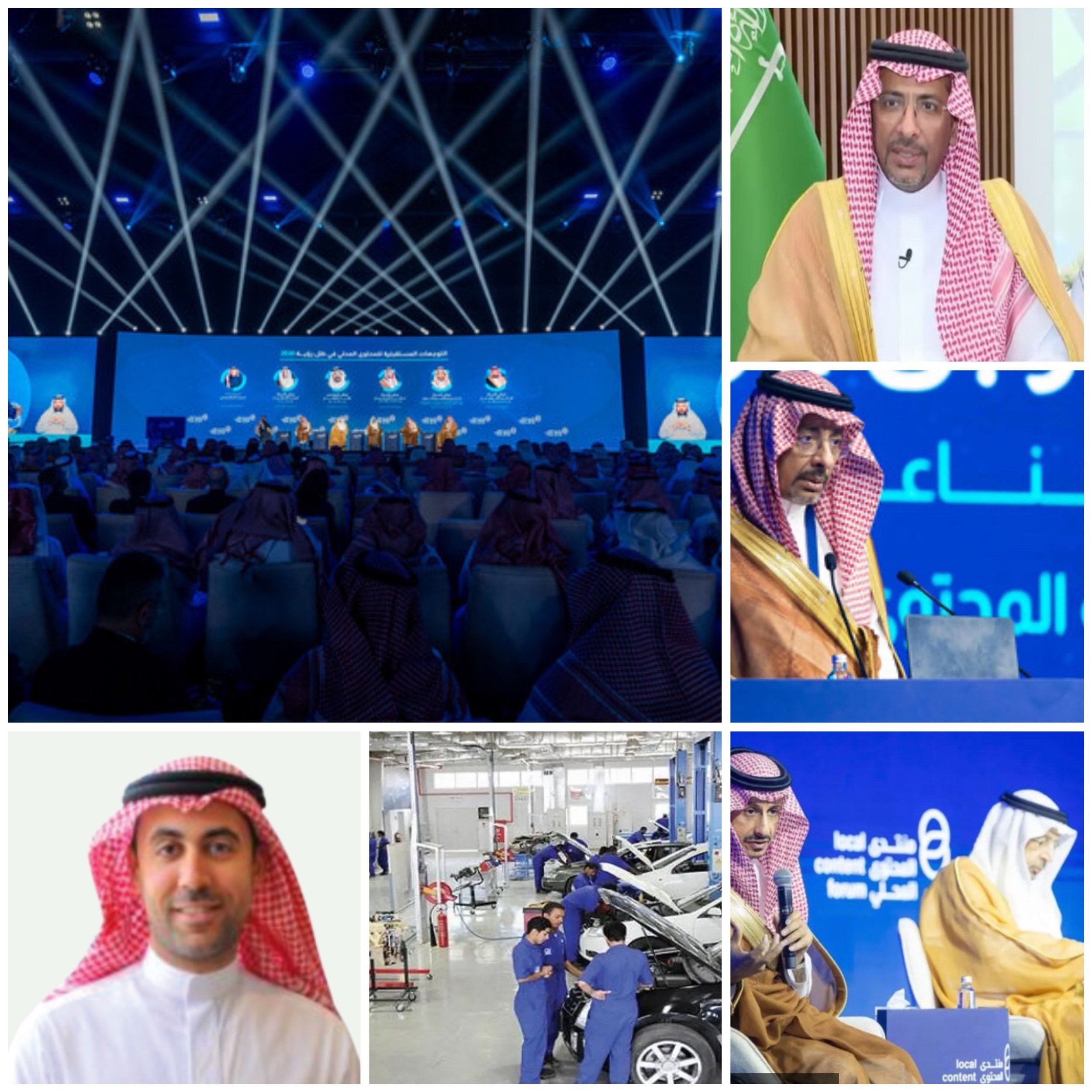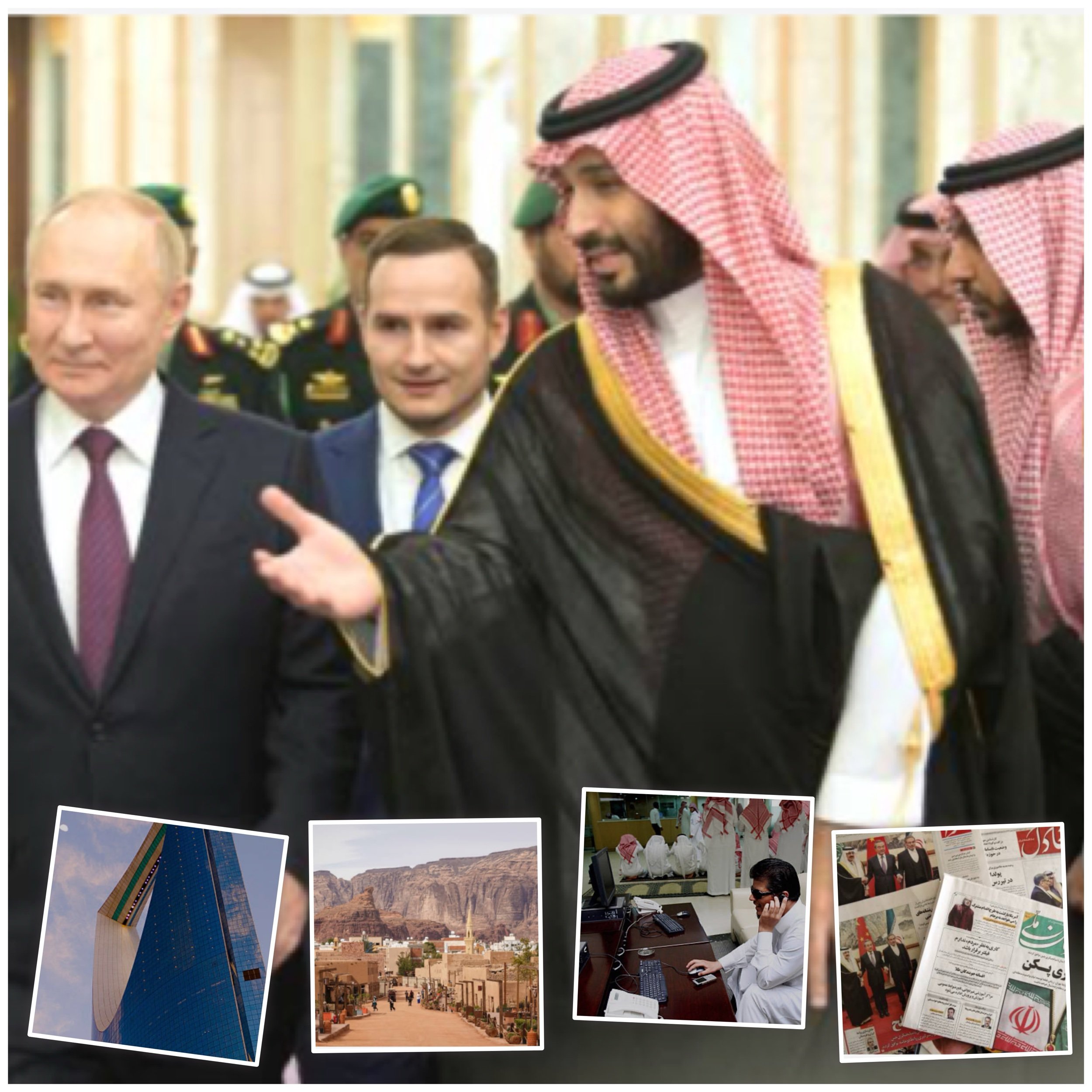How does Saudi Arabia's Vision 2030 plan aim to diversify its economy
Introduction
Saudi Arabia’s Vision 2030 plan aims to diversify the kingdom’s economy through a comprehensive set of initiatives and reforms. The plan focuses on reducing Saudi Arabia’s dependence on oil revenues and fostering growth in various non-oil sectors.
Key Diversification Strategies
Economic Reforms
Privatizing state-owned assets, including the partial IPO of Saudi Aramco
Establishing a sovereign wealth fund to be financed through these privatizations
Increasing the contribution of small and medium-sized enterprises (SMEs) to GDP from 20% to 35% by 2030
Sector Development
Unlocking underdeveloped industries such as manufacturing, renewable energy, and tourism
Expanding the tourism and entertainment sectors, with a goal of attracting 100 million tourists annually by 2030
Investing in “giga-projects” like NEOM, The Red Sea Project, Amaala, and Qiddiya to boost tourism and entertainment
Investment and Business Environment
Improving the regulatory and business environment to attract foreign investment
Streamlining fees and taxes faced by businesses, particularly at local and city levels
Fostering a more conducive environment for innovation and entrepreneurship
Human Capital Development
Modernizing the curriculum and standards of Saudi educational institutions
Aiming to have at least five Saudi universities among the top 200 universities in the world by 2030
Establishing the King Salman Program for Human Capital Development to train over 500,000 government employees in best practices
Economic Targets
Raise private sector contribution to 65% of GDP
Increase Foreign Direct Investment (FDI) contribution to GDP to 5.7%
Enter the top 15 largest world economies
Increase localization of the oil and gas sector to 75%
Lower unemployment to 7%
Conclusion
By implementing these strategies, Saudi Arabia aims to create a more resilient and diversified economy that can thrive beyond its traditional reliance on oil revenues. The success of Vision 2030 will depend on the kingdom’s ability to maintain reform momentum and adapt to changing global economic conditions.

